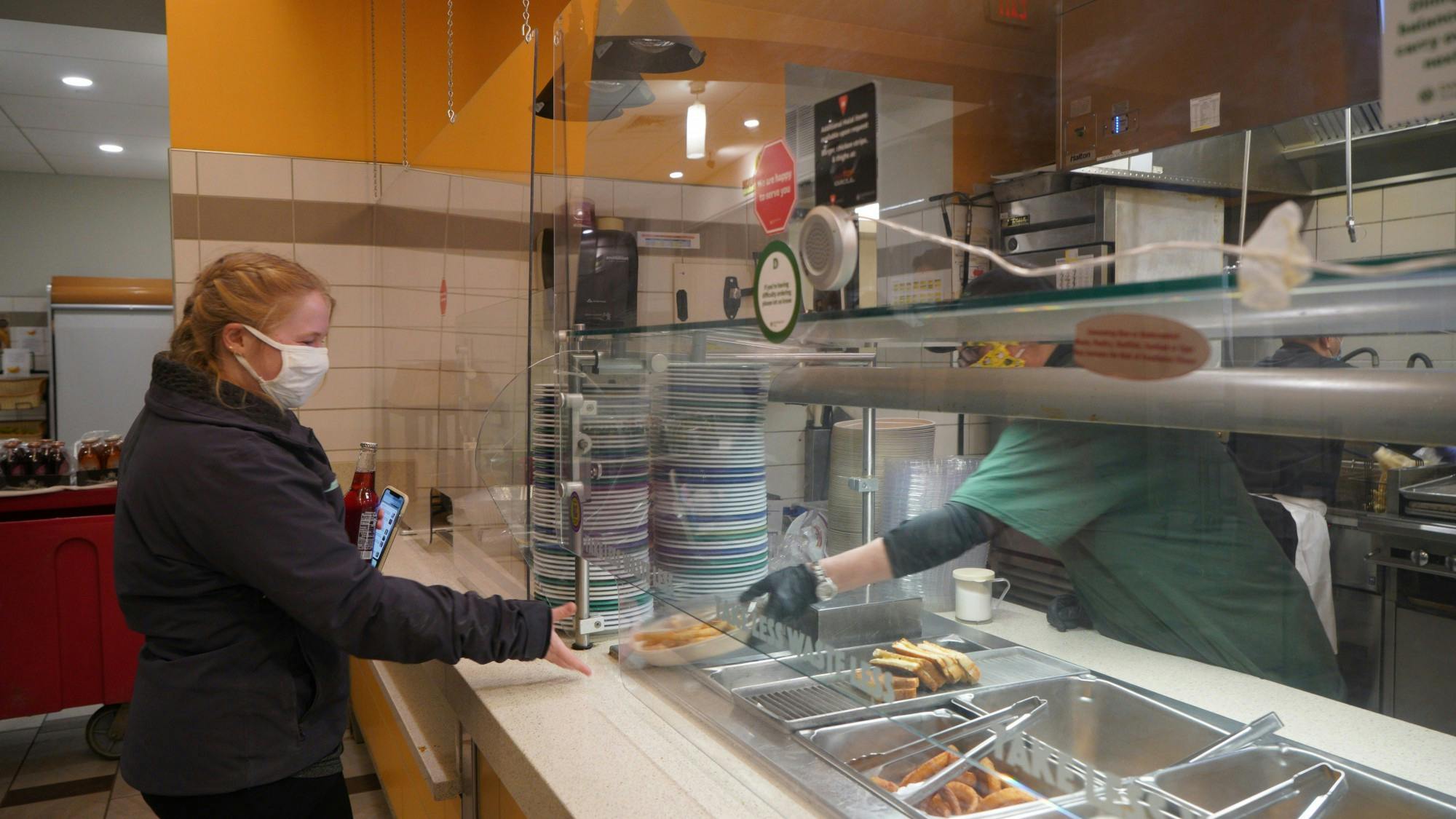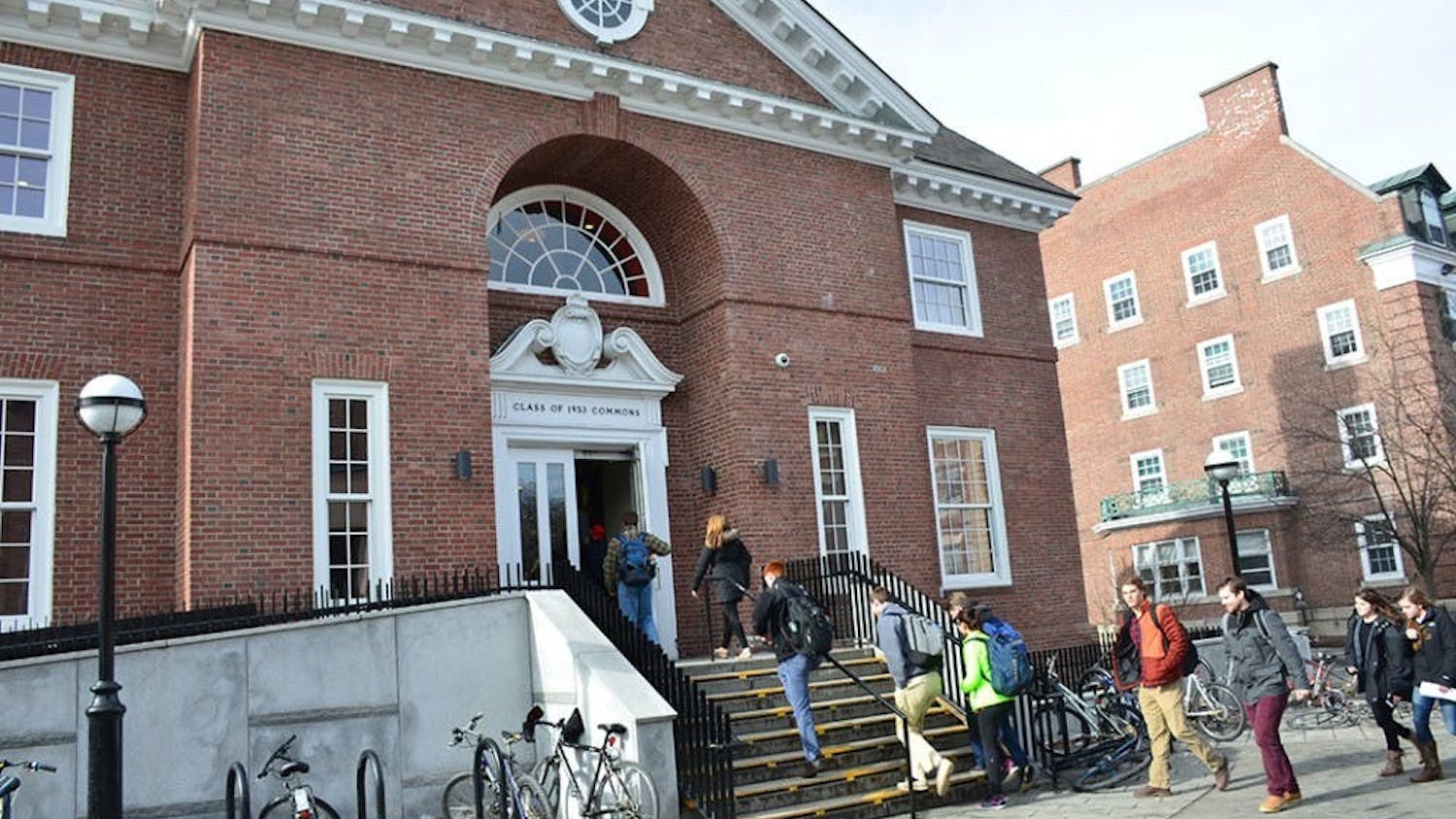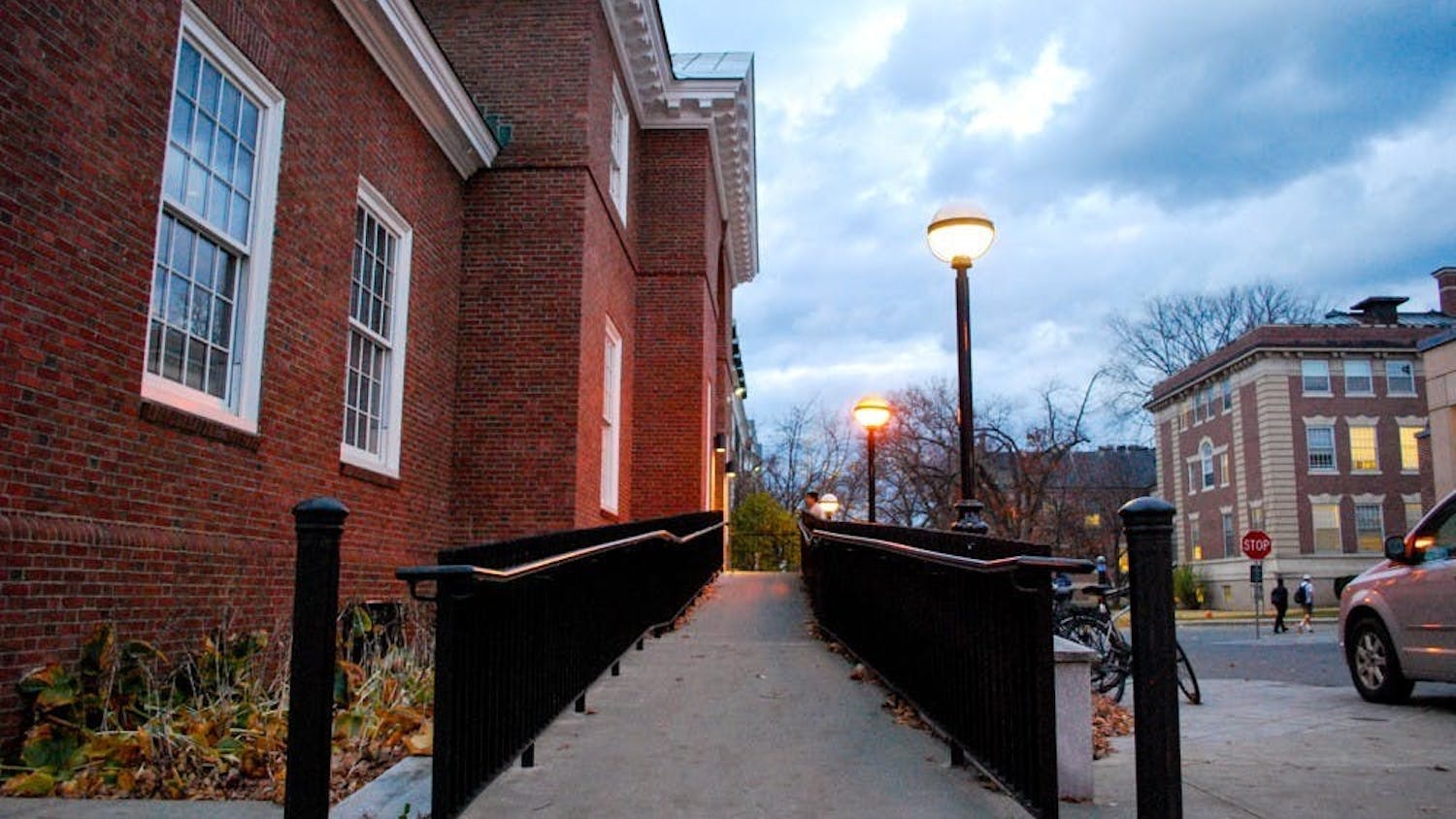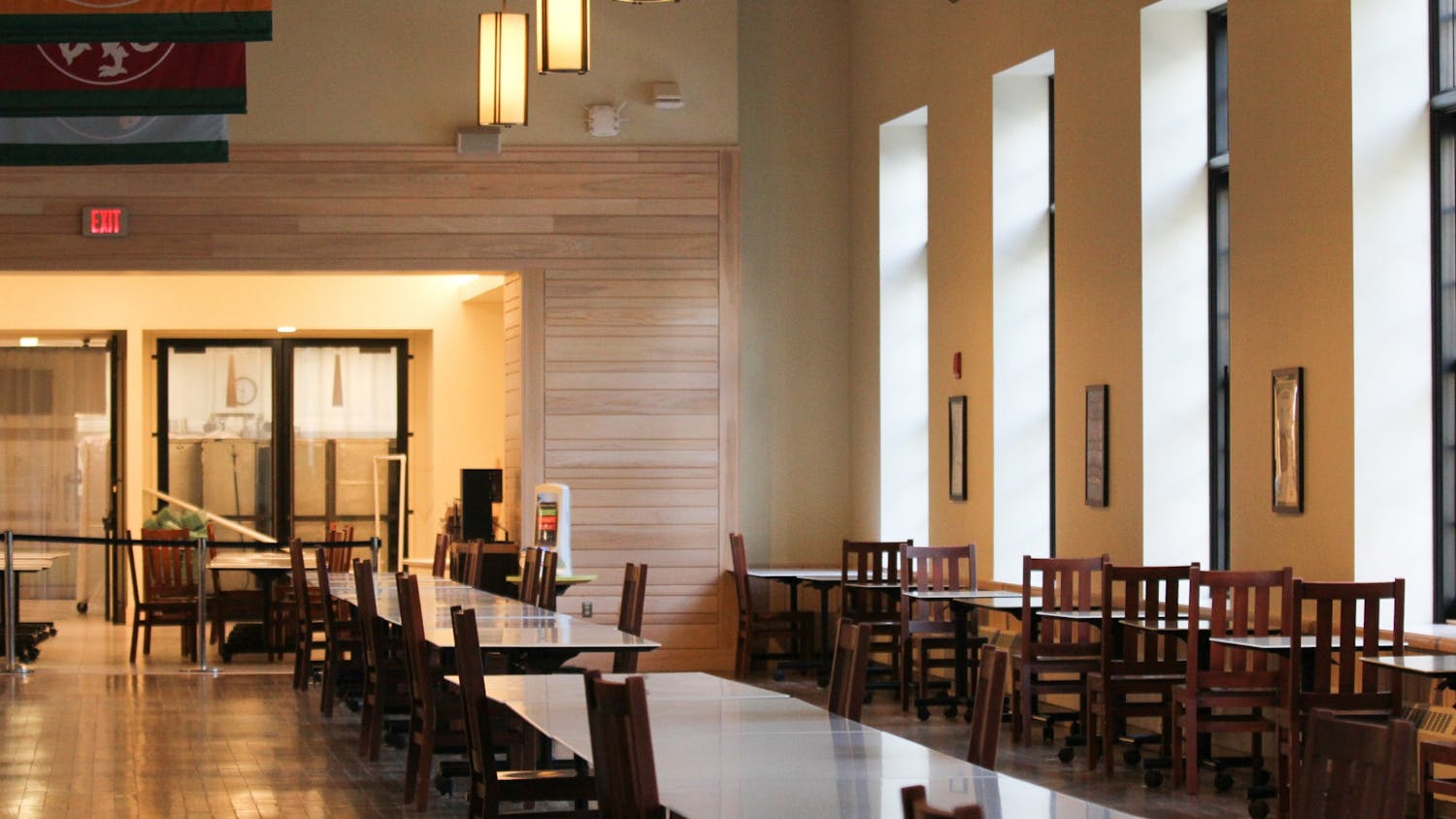The Ivy Flex meal plan — mandated for all students living on campus this school year — has been a target for criticism throughout the pandemic. With the College now reverting to quarantine protocols due to a growing COVID-19 outbreak on campus, students have continued to voice concerns over the plan’s lack of flexibility.
The College has touted the meal plan — Dartmouth Dining’s most expensive option, prorated at $1,876 this term or $2,220 in a regular term — as a way to ensure food security.
“It was really about us trying to deal with a lot of uncertainty around what would happen as students got sick and needed to be quarantined or isolated, ensuring that there was food during that period,” Plodzik said.
Students on the Ivy Flex meal plan are given four meal swipes a day — one each for breakfast, lunch, dinner and late night. If a student goes over the dollar value of a swipe, the remaining amount will be drawn from the $253 in DBA allotted to students this term. Excess DBA will not roll over to the spring at the end of the term.
As COVID-19 cases began to climb last week, the College shifted to pick-up-only dining operations, temporarily closed Novack Cafe on weekends and paused late night meal service at the Class of 1953 Commons.
Emily Osman ’24 feels that in light of the outbreak, the College’s decision to temporarily restrict the hours of other dining facilities was misguided.
“I'm upset by it because I prefer to have dining dollars to spend at places like Collis and Novack,” Osman said. “And now that my dining options are limited … I feel like it's not only money down the drain, but now, my eating preferences are limited.”
Ryan Lee ’24 agreed, describing the temporary closure of certain dining locations as “absurd,” and questioning “the whole point of giving [students] dining dollars in the first place if they cannot use them.”
In the past, students had an array of meal plan options that differed in cost, the number of swipes and amount of DBA given for the term. For example, last winter, the 5 Meals Weekly plan allowed students five meal swipes per week and $1,025 in DBA per term and cost $1,915. More similar to the Ivy Flex plan, the Ivy Unlimited plan cost $2,165 and offered unlimited meal swipes.
Plodzik noted that other meal plans required students to plan effectively to make sure that they did not burn through their meal swipes and DBA too quickly.
Nitin Venkatdas ’23, however, said he would have chosen a different meal plan this year that better caters to his needs and “saves [him] money in the long run,” as he does not use a swipe during all four meal periods each day.
“People should still have the freedom to choose whatever they want,” Venkatdas said. “… We're anywhere from 18 to 22 years old; we should be able to handle it and know what we need to do.”
Max Mickenberg ’21 said that the limited DBA included with the Ivy Flex plan forces students to “adjust” and eat most meals at ’53 Commons, where students can get buffet-style meals for a swipe, rather than at other a la carte dining locations that limit what students can buy while staying within the allotted meal swipe amount.
“The good thing about the past was I had a diversity of plans to choose from,” Mickenberg noted. “Depending on your lifestyle — like if you’re a big Collis person or Novack [person] — you could pick a plan that gave you enough DBA to be able to cover that.”
Mickenberg noted that he lives farther from ’53 Commons than from Novack, which leads him to buy a substantial portion of his meals with DBA at Novack. He added that he currently has a DBA deficit of $36 dollars.
Mickenberg said that in his experience, the Ivy Flex meal plan actually exacerbates food insecurity, referencing times when could not get enough food at Novack because of his negative DBA balance.
“There’ve been some nights where I've genuinely said, ‘You know what, it's too cold, and that’s too far of a walk,’” Mickenberg said. “I'll just get a cookie I have in my room and go to sleep. So, if anything, it’s made it harder for me to get food.”
He added that it “baffles [his] mind” that he has not been able to get a “real meal” worth of food with the allotted amount at other dining locations.
According to Jihwan Choi ’24, another issue stems from the limited quantity of food that each meal swipe can buy, which prompts students to spend more DBA than the fixed amount the College gives for each meal.
“When you order a sandwich and a cup of coffee, that already fills up your DBA,” Choi said. “And if you want to get extra stuff, like let's say Greek yogurt or another sandwich, if you're hungry, then that's going to take another $10.”
Choi said that despite not being “a snack person,” he has been forced to buy snacks from CVS and Amazon to conserve his remaining DBA balance of $20. He said he has spent close to $100 off campus this term on protein bars, jerkies and instant noodles.
Mickenberg said that constricting all students to a singular meal plan has just added “financial stress” in many students’ lives, causing them to have to plan out their DBA spending.




